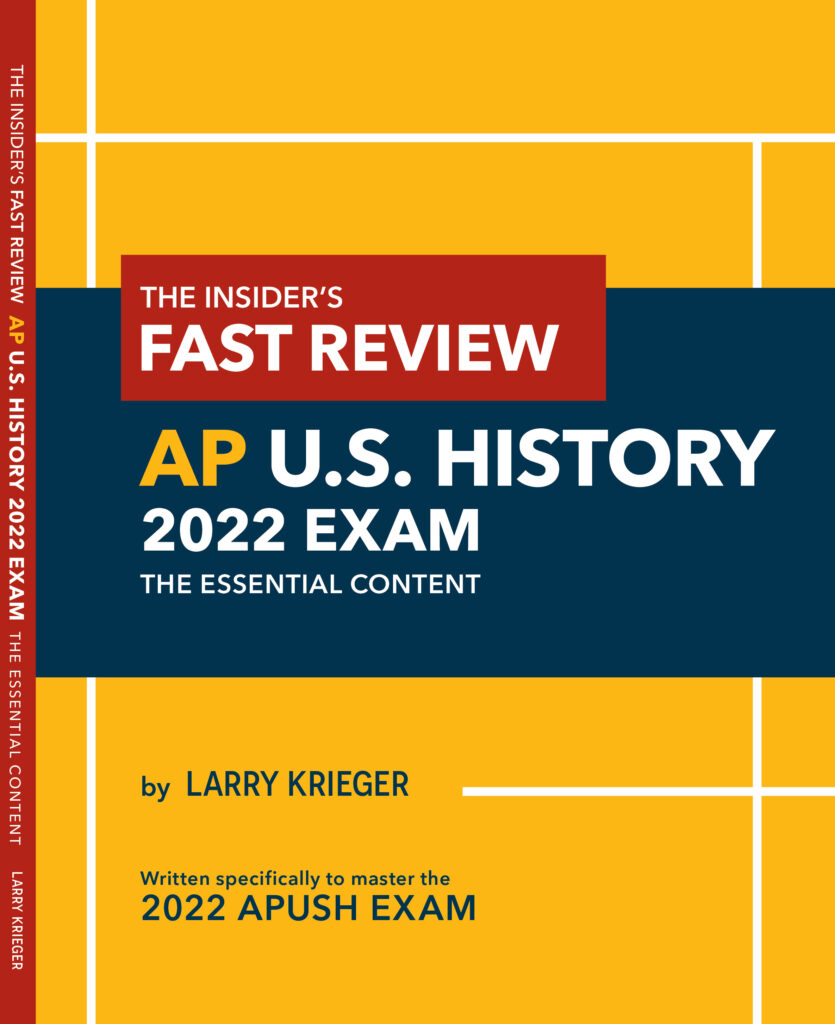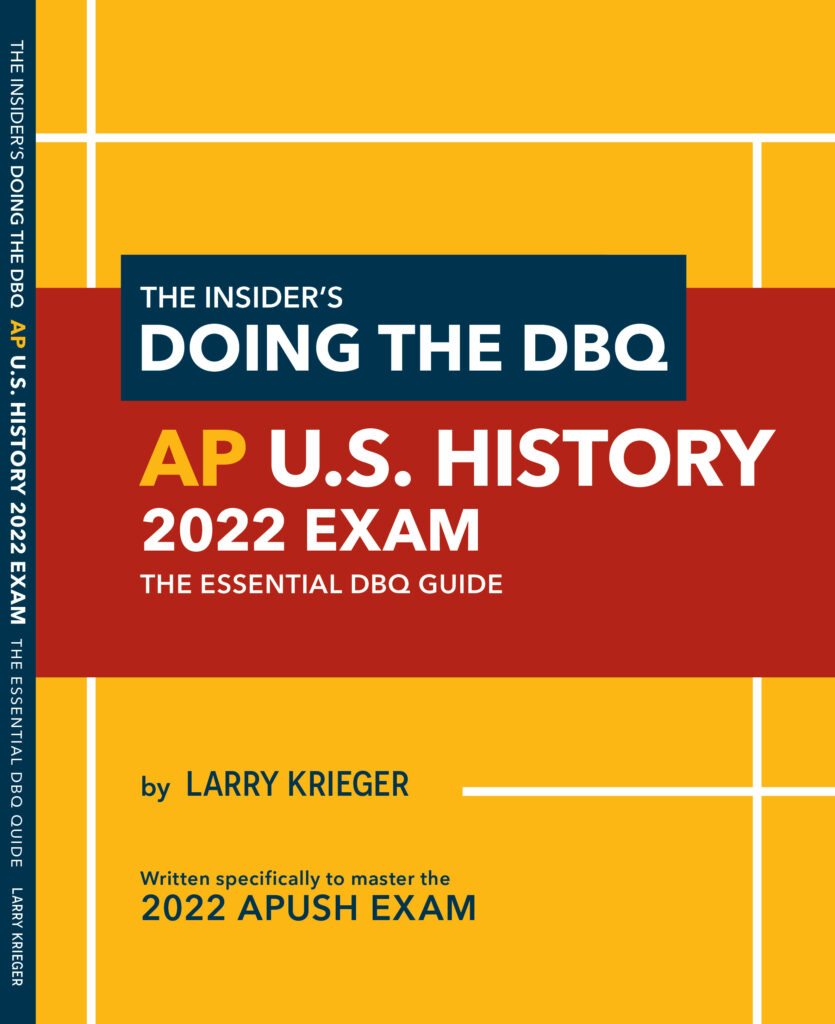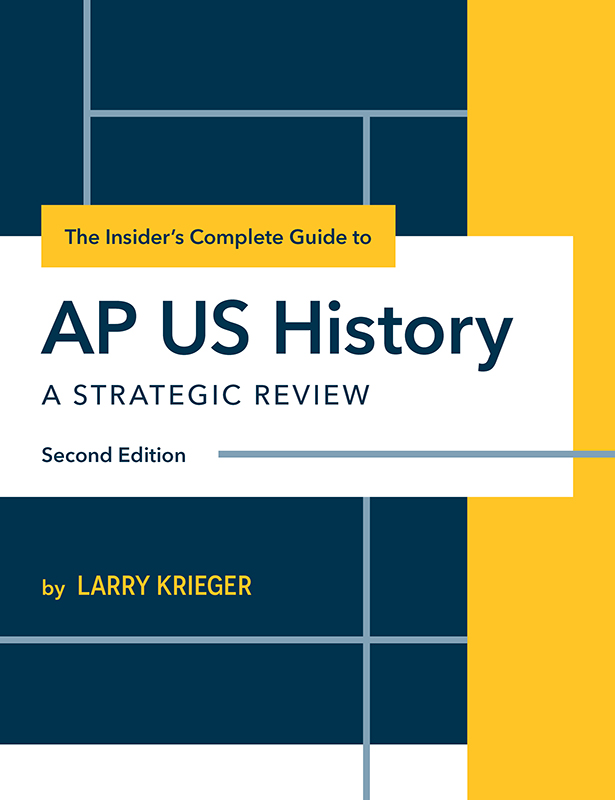Why Can’t We Be Friends?
“We really believed in our hearts” one of President Roosevelt’s advisors later recalled, “that this was the dawn of the new day we had been praying for and talking about for so many years.”
As World War II ended, British Prime Minister Winston Churchill looked to what he optimistically hoped would be “the broad sunlight of victorious peace.” For America a victorious peace meant a world in which democracy could thrive under American leadership. “We really believed in our hearts” one of President Roosevelt’s advisors later recalled, “that this was the dawn of the new day we had been praying for and talking about for so many years.”
Unfortunately, these hopes were quickly dashed. The United States and the Soviet Union did not remain allies. Almost before the last Nazi guns were silenced in 1945, a rift developed between the former wartime partners. For the Soviet leader Joseph Stalin, a victorious peace meant increased Russian power and a chance to safeguard the USSR from American influence. Given their conflicting views of the future, the United States and the Soviet Union became rival superpowers in a period known as the Cold War.
The Cold War marked the continuation of differences deeply engrained in America’s and Russia’s geographic and historic experiences. Protected by two oceans, the United States took its security for granted. In contrast, Russia occupied a vast land unprotected by oceans, mountains, or rivers.
Russia’s enormous size and lack of geographic barriers have made it vulnerable to invaders. During the thirteenth and fourteenth centuries, Mongols from the East swept across Russia. In 1812, Napoleon Bonaparte’s Grand Army invaded Russia and briefly captured Moscow. Less than a century later, Japan attacked and invaded territories in eastern Russia. And Germany invaded Russia twice during the first half of the twentieth century.
Unlike the United States, Russia did not take its security for granted. Both the Russian czars and the Communist rulers turned to centralized power to hold their far-flung empire together and protect it from outside enemies. As a result, Russia never developed a democratic society based upon the rule of law. Instead, Russia became what the Lithuanian writer Kristina Sabaliauskaite calls, “a pyramid of power, enforced with violence, subjugating its people into blind obedience.”
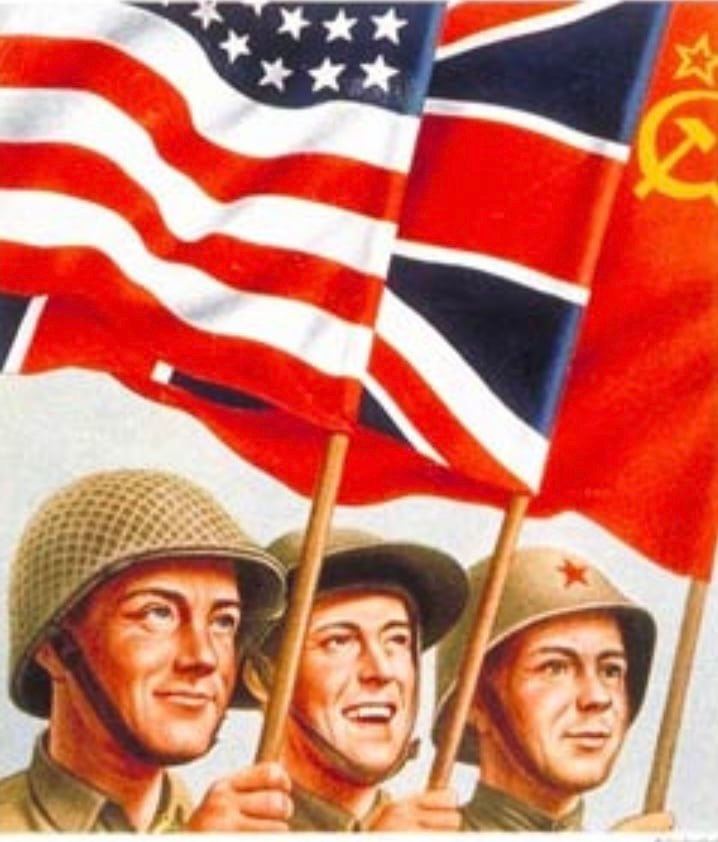
Vladimir Putin is following Russia’s traditional assertive policy of international relations. Convinced that might makes right, Putin views moral principles and mutual goodwill as signs of weakness that can and should be exploited. Sabaliuskaite reminds her readers that in Putin’s world view there is no rule of law. Instead, “the world is just a cake to be sliced by those who happen to hold a knife.”
Rebekah Koffler shares Sabaliuskaite’s sense of growing peril. Koffler is a Russian-born U.S. intelligence expert. She opens her book, Putin’s Playbook, with this blunt warning: “Misunderstanding of Russia and its president, Vladimir Putin, is dangerous.” Putin does not share the American vision of a “new world order” based upon democratic principles and free enterprise. A brutal and treacherous autocrat, Putin invaded Ukraine as part of his long-term strategy to restore the power and prestige Russia lost following the fall of the Soviet Union. Koeffler concludes her opening chapter with this forceful statement: “We cannot – ever – be friends.”
FOR FURTHER DISCUSSION AND WRITING
- Compare and contrast how geography has influenced America’s and Russia’s view of the outside world.
- Is Vladimir Putin a departure or continuation of Russia’s approach to foreign policy.
- “We cannot – ever – be friends.” Do you agree or disagree with Koffler’s conclusion? Explain your answer.
FOR FURTHER INFORMATION
This Commentary drew upon insights from the following sources: American Foreign Policy Since World War II by John Spanier; Putin’s Playbook by Rebekah Koffler; and “We saw this coming: For Russia’s neighbors, Putin’s brutal invasion comes as no surprise,” by Kristina Sabaliauskaite.
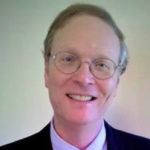
Larry Krieger
Author · Instructor

